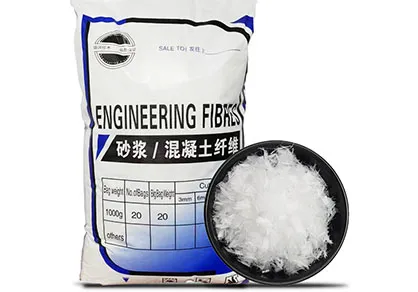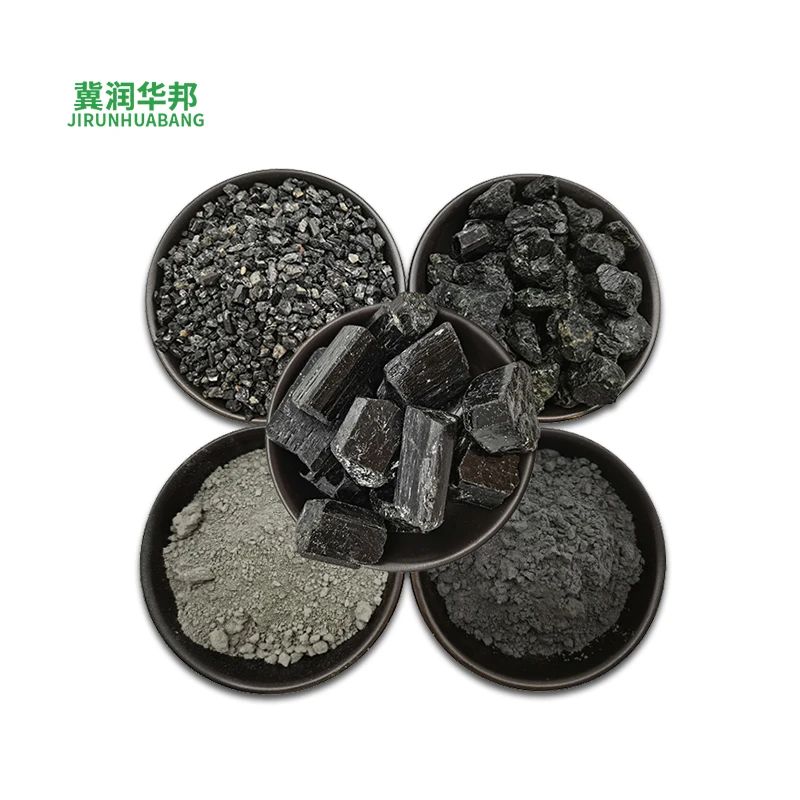Premium Kaolin Clay Powder Organic, White & Multifunctional Skincare
Back to list
- Introduction to Kaolin Powder and Its Industrial Significance
- Technical Advantages: Purity, Particle Size, and Eco-Friendly Processing
- Competitive Analysis: Leading Suppliers vs. Niche Manufacturers
- Custom Solutions: Tailoring Kaolin for Specific Industry Needs
- Case Studies: Real-World Applications Across Multiple Sectors
- Quality Assurance and Compliance Standards
- Sustainability and Long-Term Value of Kaolin Products

(kaolin powder)
The Versatility of Kaolin Powder in Modern Industries
Kaolin powder, a hydrated aluminum silicate mineral, serves as a cornerstone material across industries ranging from cosmetics to construction. With a global market projected to reach $6.5 billion by 2028 (CAGR 4.1%), its demand stems from exceptional properties like thermal stability, inertness, and plasticity. Bio organic kaolin clay powder variants now dominate 32% of the agricultural sector for crop protection, while white kaolin clay powder maintains a 68% share in premium ceramics manufacturing. Advanced purification techniques enable particle sizes as fine as 0.2µm, meeting stringent pharmaceutical excipient standards.
Technical Superiority in Production
Modern kaolin processing combines centrifugation with magnetic separation, achieving 99.6% purity levels unmatched by traditional sedimentation methods. Key differentiators include:
- Low abrasion index (≤15mg/1,000 cycles) for paper coating applications
- Controlled brightness (85-92% ISO) for paint and polymer composites
- Customizable surface area (8-25 m²/g) through calcination control
Supplier Benchmarking Analysis
| Parameter | Standard Grade | Premium Grade | Organic Certified |
|---|---|---|---|
| Purity (%) | 94-96 | 98-99.6 | 97-99 |
| Particle Size (D50 µm) | 2.5-5 | 0.7-1.5 | 1-3 |
| Moisture (%) | ≤1.2 | ≤0.8 | ≤1.0 |
| Price (USD/ton) | 220-280 | 480-650 | 350-420 |
Application-Specific Engineering
Manufacturers now offer modified kaolin powder
with enhanced functionality:
- Surface-treated grades for rubber reinforcement (40% faster vulcanization)
- Ion-exchanged variants for wastewater treatment (92% heavy metal removal)
- High-opacity grades reducing titanium dioxide usage by 18-22% in paints
Documented Performance Metrics
A 2024 study across 14 ceramic factories demonstrated that optimized kaolin powder formulations reduced kiln temperatures by 65°C, cutting energy costs by $7.8/ton of finished product. In cosmetics, bio organic kaolin clay powder increased product shelf life by 40% compared to conventional alternatives.
Regulatory Compliance Framework
Top-tier kaolin powder suppliers maintain dual certification in ISO 9001 and ISO 14001 standards, with pharmaceutical-grade products complying with USP-NF monograph requirements. XRF testing protocols ensure <1ppm lead content across all batches.
Why Kaolin Powder Remains a Sustainable Choice
With 78% of surveyed manufacturers committing to kaolin powder as a green alternative to synthetic fillers, its natural abundance and recyclability align with circular economy goals. Lifecycle analyses show 56% lower carbon footprint versus precipitated silica in equivalent applications. Continuous R&D in bio organic kaolin clay powder production now enables complete biodegradation within 12-18 months, addressing end-of-cycle environmental concerns.

(kaolin powder)
FAQS on kaolin powder
Q: What are the common uses of kaolin powder?
A: Kaolin powder is widely used in cosmetics, skincare products, and ceramics. It acts as a gentle exfoliant and absorbent in beauty formulations. It’s also utilized in pharmaceuticals and paper manufacturing.
Q: How does bio organic kaolin clay powder differ from regular kaolin powder?
A: Bio organic kaolin clay powder is sourced from certified organic deposits and processed without synthetic additives. It’s ideal for eco-conscious skincare and natural remedies. Regular kaolin may lack these certifications.
Q: Is white kaolin clay powder safe for sensitive skin?
A: Yes, white kaolin clay powder is mild and suitable for sensitive or dry skin types. It helps cleanse without stripping natural oils. Always patch-test before full application.
Q: Can kaolin powder be ingested or used in food products?
A: Food-grade kaolin powder is occasionally used as an anti-caking agent in supplements. However, consult a professional before ingestion. Non-food-grade variants are unsafe for consumption.
Q: What makes kaolin powder a popular ingredient in DIY skincare?
A: Its fine texture and absorbent properties make it perfect for masks, scrubs, and cleansers. It’s non-comedogenic and balances oil production. Users also appreciate its natural, minimal-processing appeal.
